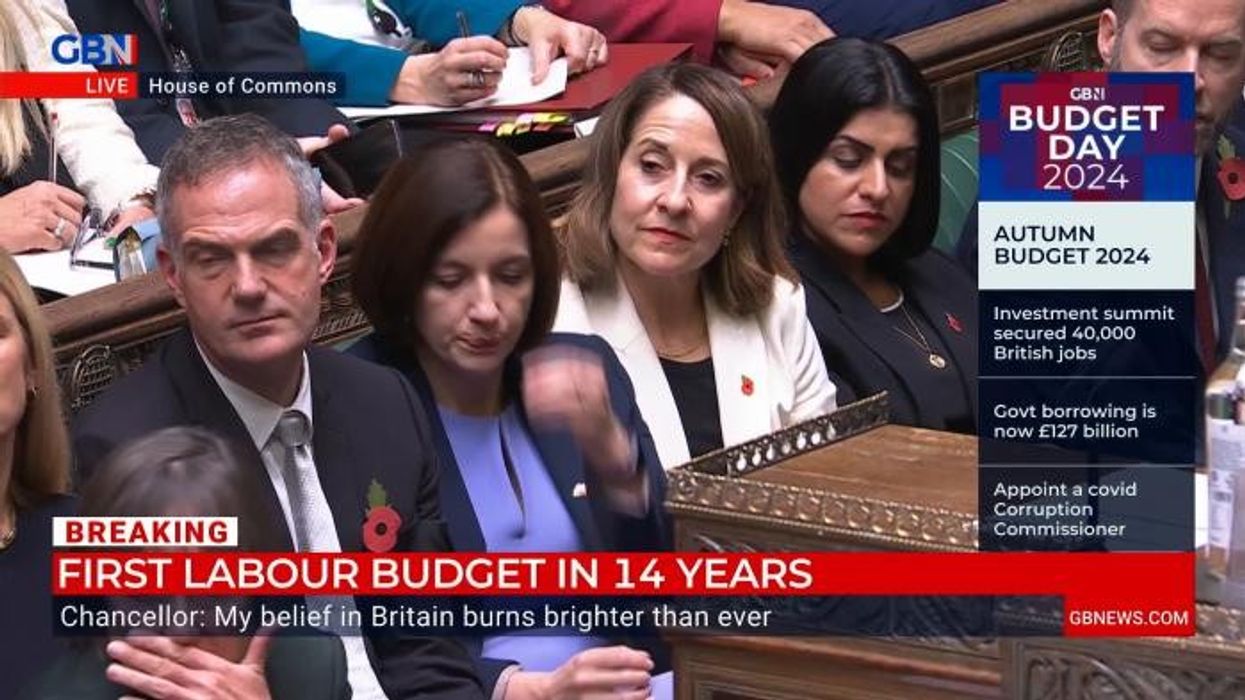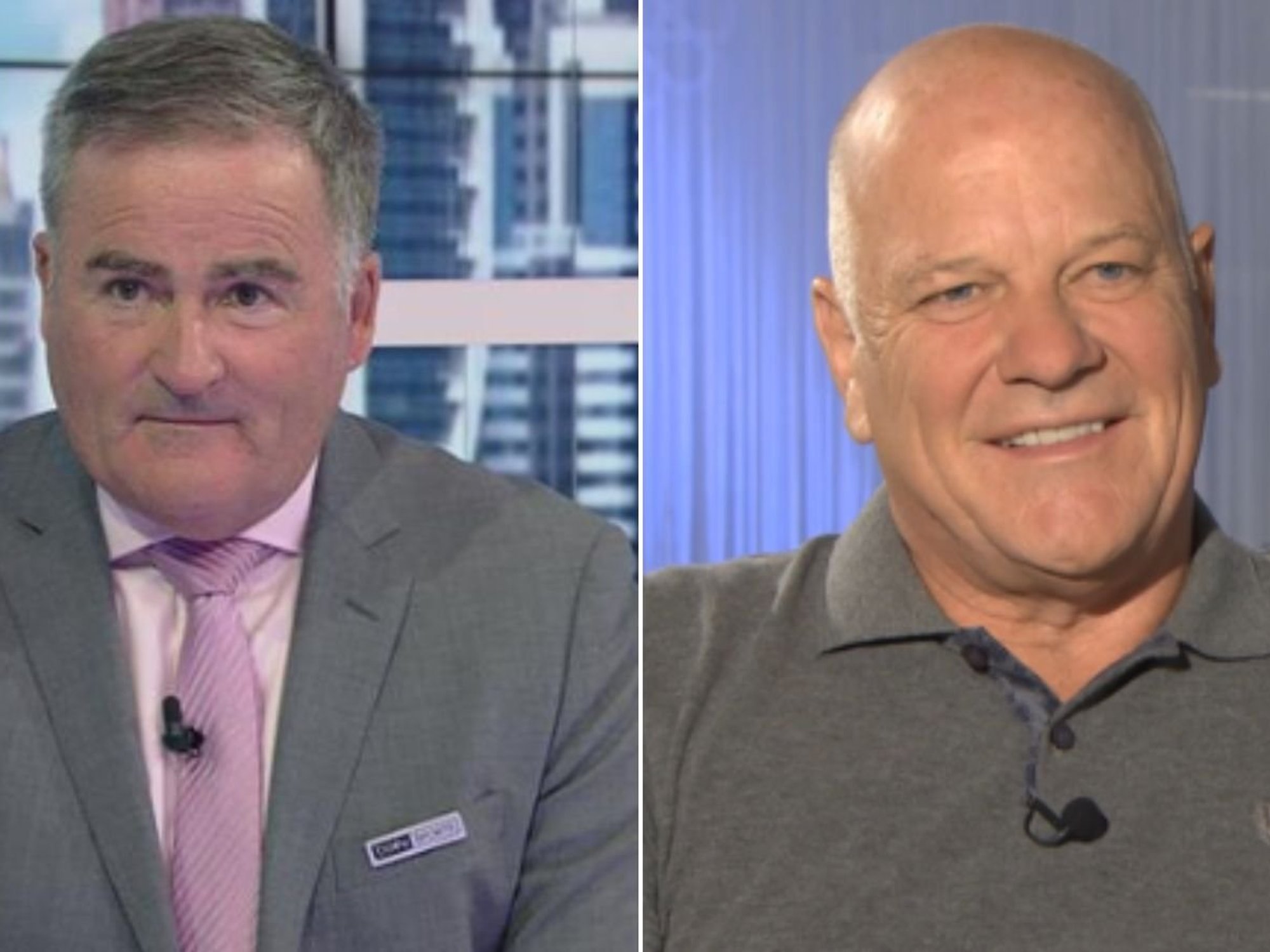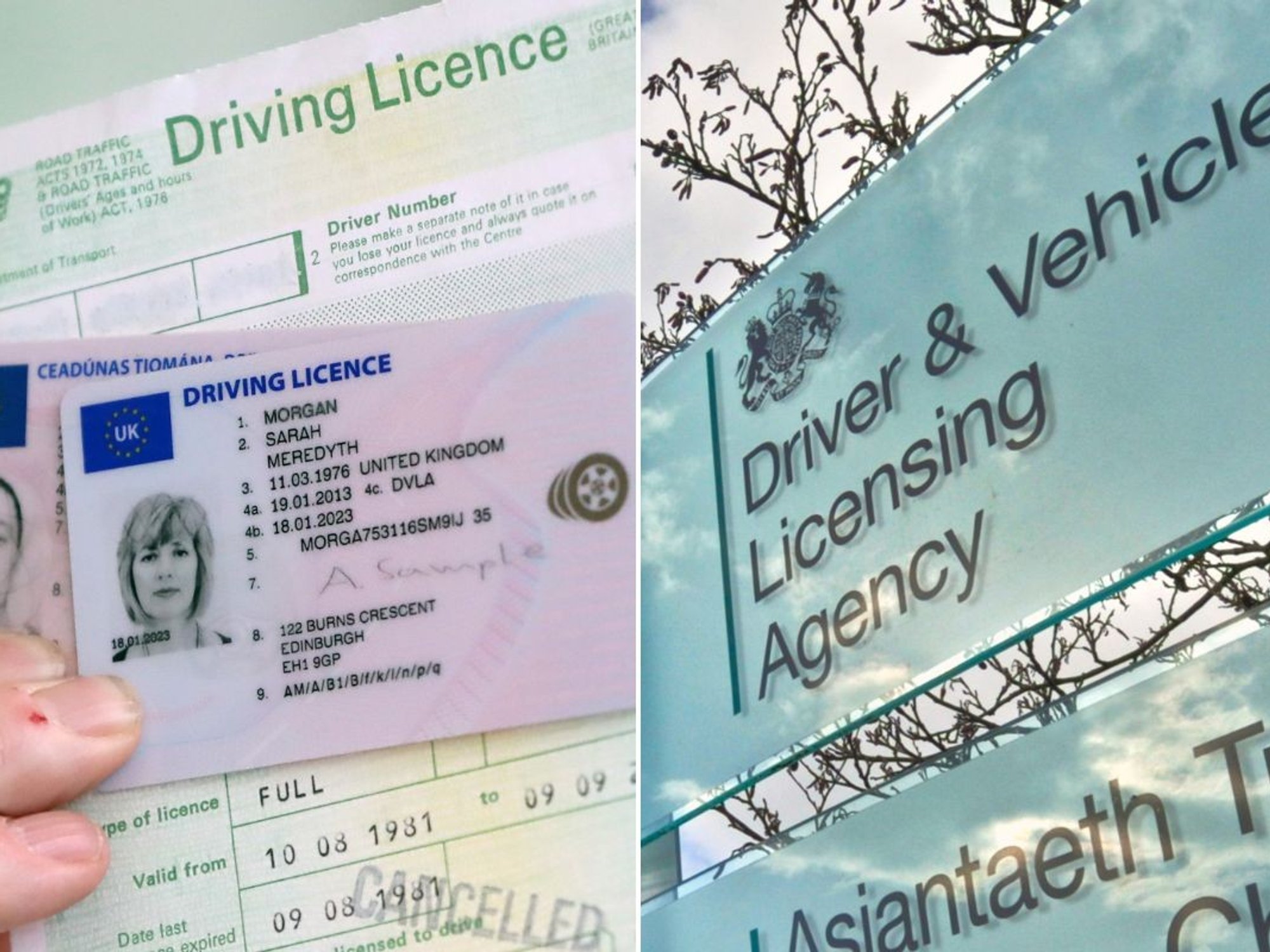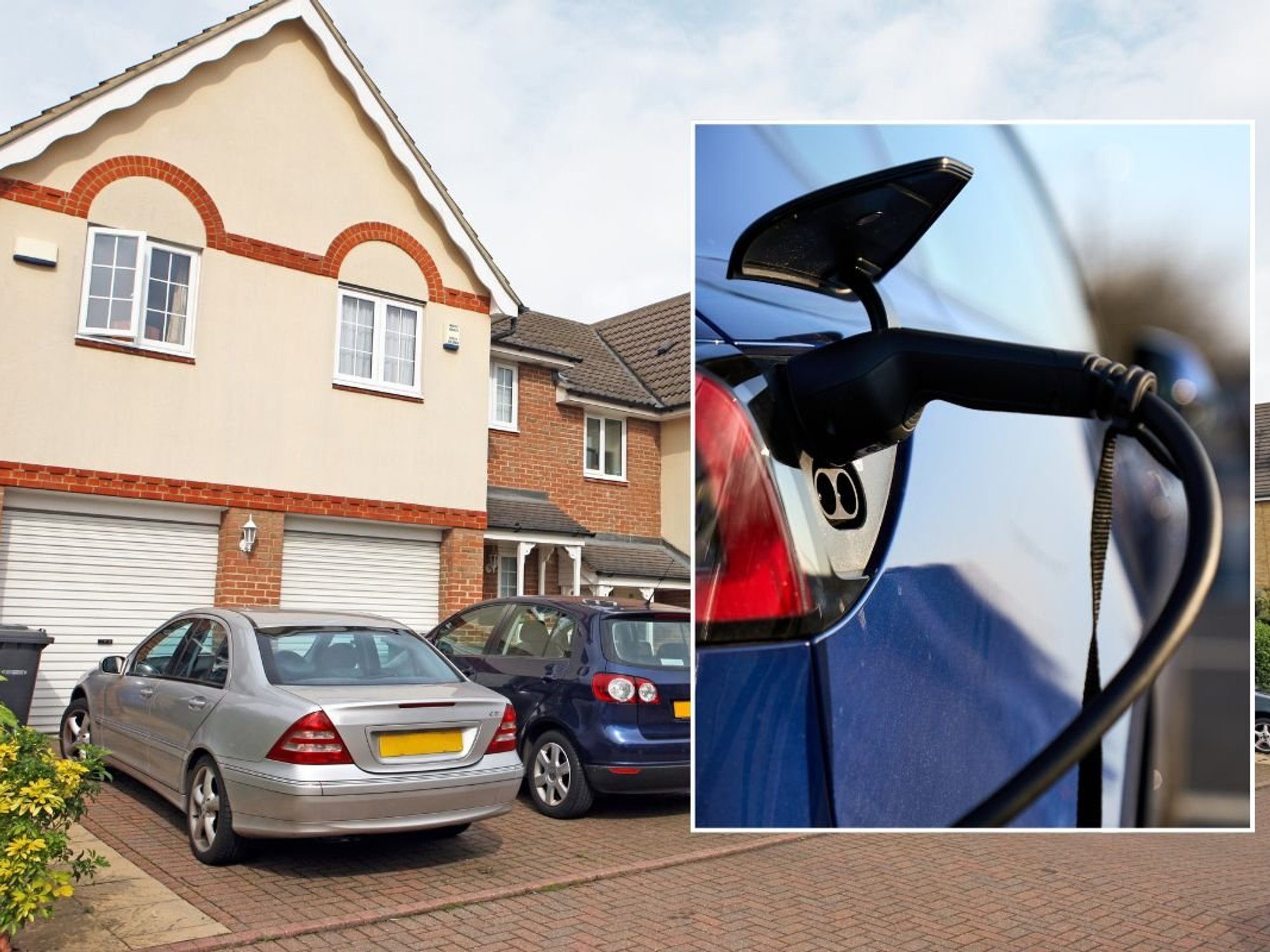Petrol and diesel drivers could see fuel duty return for first time in three years in fresh plans

Jersey State Assembly could bring back fuel duty for petrol and diesel drivers next year
Don't Miss
Most Read
Petrol and diesel drivers across a major region have been warned about new proposals which could see fuel duty reintroduced next year in a fresh blow to thousands.
It comes after Treasury Minister Elaine Millar of the Jersey State Assembly confirmed her department is in discussions around the reintroduction of fuel duty for the first time in three years.
Speaking to the Corporate Services Scrutiny Panel last week, Millar said reintroducing the inflation-linked levy on petrol and diesel was "on the cards" for 2026.
"Fuel duty, that is one of the things that we are discussing," the Minister told panel members during the hearing, with plans on the proposal due later this year.
Do you have a story you'd like to share? Get in touch by emailing motoring@gbnews.uk
 Drivers are expected to hear about the future of fuel duty at the Autumn Budget | GETTY
Drivers are expected to hear about the future of fuel duty at the Autumn Budget | GETTYThe potential reintroduction comes after three consecutive years of frozen fuel duties, a measure implemented to help islanders cope with cost-of-living pressures.
Millar explained the potential reintroduction during a question from panel member Deputy Jonathan Renouf about the Government's fiscal plans.
"We are discussing, but as we see the balancing act," she told the panel when asked directly about sticking to commitments to reintroduce the fuel duty inflation component that was suspended.
The Treasury Minister cited the benefit to Government revenue streams as a factor in the discussion, stating that fuel duty, when active, did bring in significant funds.
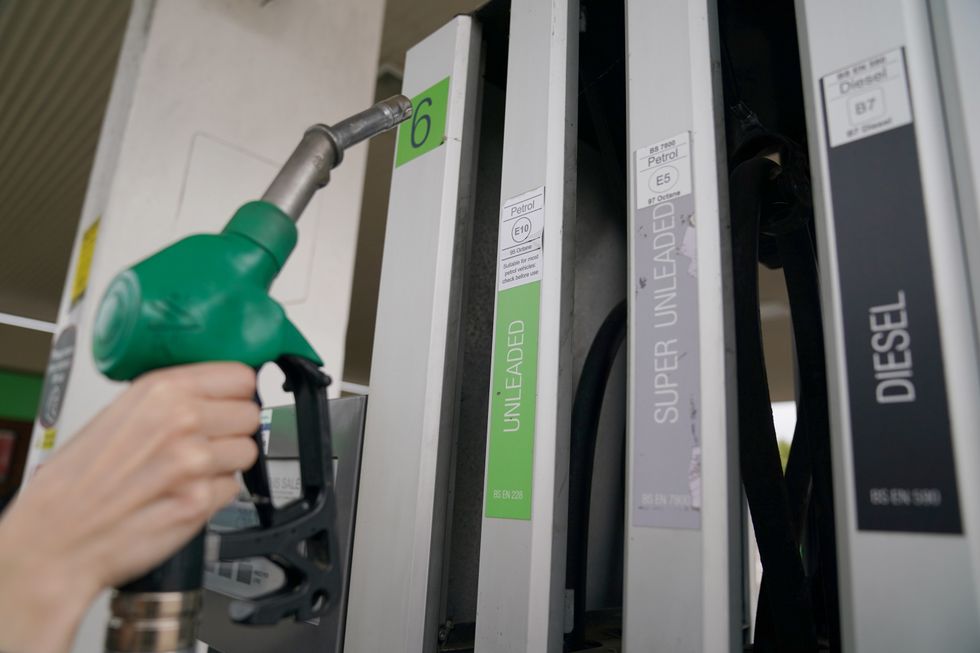 Drivers could see fuel duty rates rise in the October Budget | PA
Drivers could see fuel duty rates rise in the October Budget | PADuring the scrutiny panel hearing, Millar acknowledged the delicate nature of the decision, stating that the Government will "try and minimise growth," referring to keeping Government fees and charges low.
She noted that while the Treasury had frozen certain duties last year and continued to increase tax allowances, any changes "have to be balanced against public health arguments on alcohol and environmental arguments on fuel duties".
The potential reintroduction may come as concerning news for fuel providers and motorists who welcomed the extended freeze into 2025.
Jersey has suspended inflation-based fuel duty hikes since 2023, providing relief to road users during a period of heightened economic pressure.
LATEST DEVELOPMENTS:
The freeze has meant that petrol and diesel prices have not been subject to automatic increases tied to inflation rates, offering some stability for transport costs.
Any reintroduction would affect thousands of road users across the island, with fuel duty traditionally representing a significant component of pump prices.
The Minister outlined how fuel duty decisions must acknowledge multiple considerations, including revenue generation and public health objectives.
She emphasised that keeping duties frozen "would have kept inflation down" but acknowledged the competing pressures facing Government finances. The upcoming September Budget announcement aims to provide clarity on whether the freeze will definitively end in 2026, alongside details of other fiscal measures being considered by the Treasury.
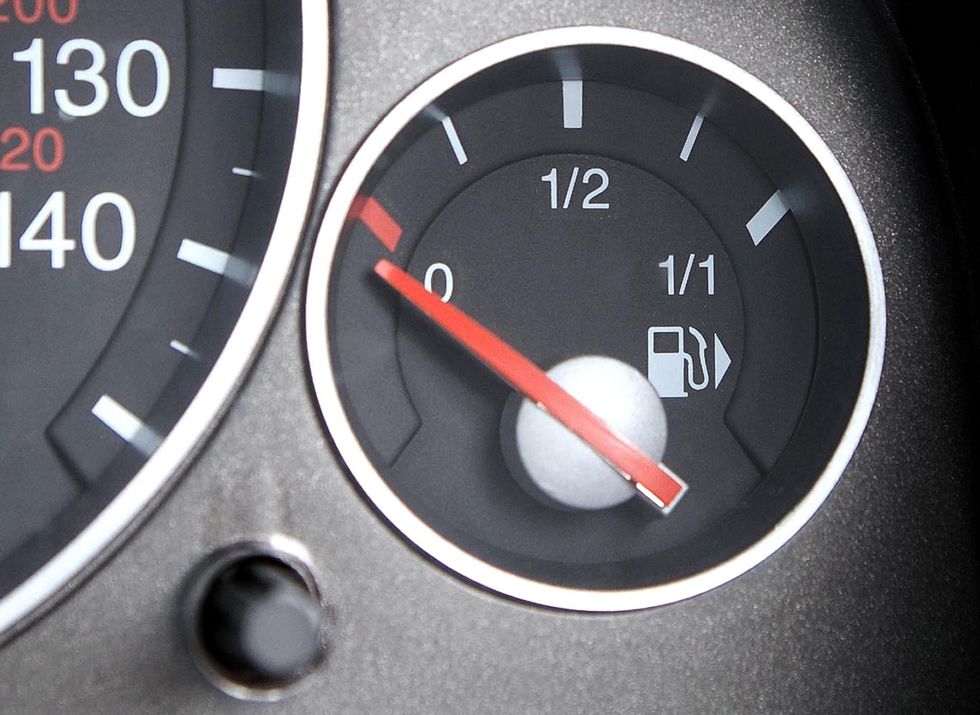
The UK Government has kept fuel duty frozen at 5p per litre since 2022
| PAWhile Jersey looks to reintroduce fuel duty, elsewhere, the UK Government could make a similar move and end its four-year freeze on the petrol and diesel tax.
Chancellor Rachel Reeves extended the fuel duty freeze at the Autumn Budget, but experts have now warned that this measure could end due to funding gaps and push towards electric vehicles.
Under the frozen duty, it maintained rates at 52.95p per litre for petrol and diesel. The temporary 5p freeze was first introduced in March 2022 during a period of high energy prices.
It has been extended annually at Spring Budgets in 2023 and 2024, with the current extension announced at the Autumn Budget 2024.


